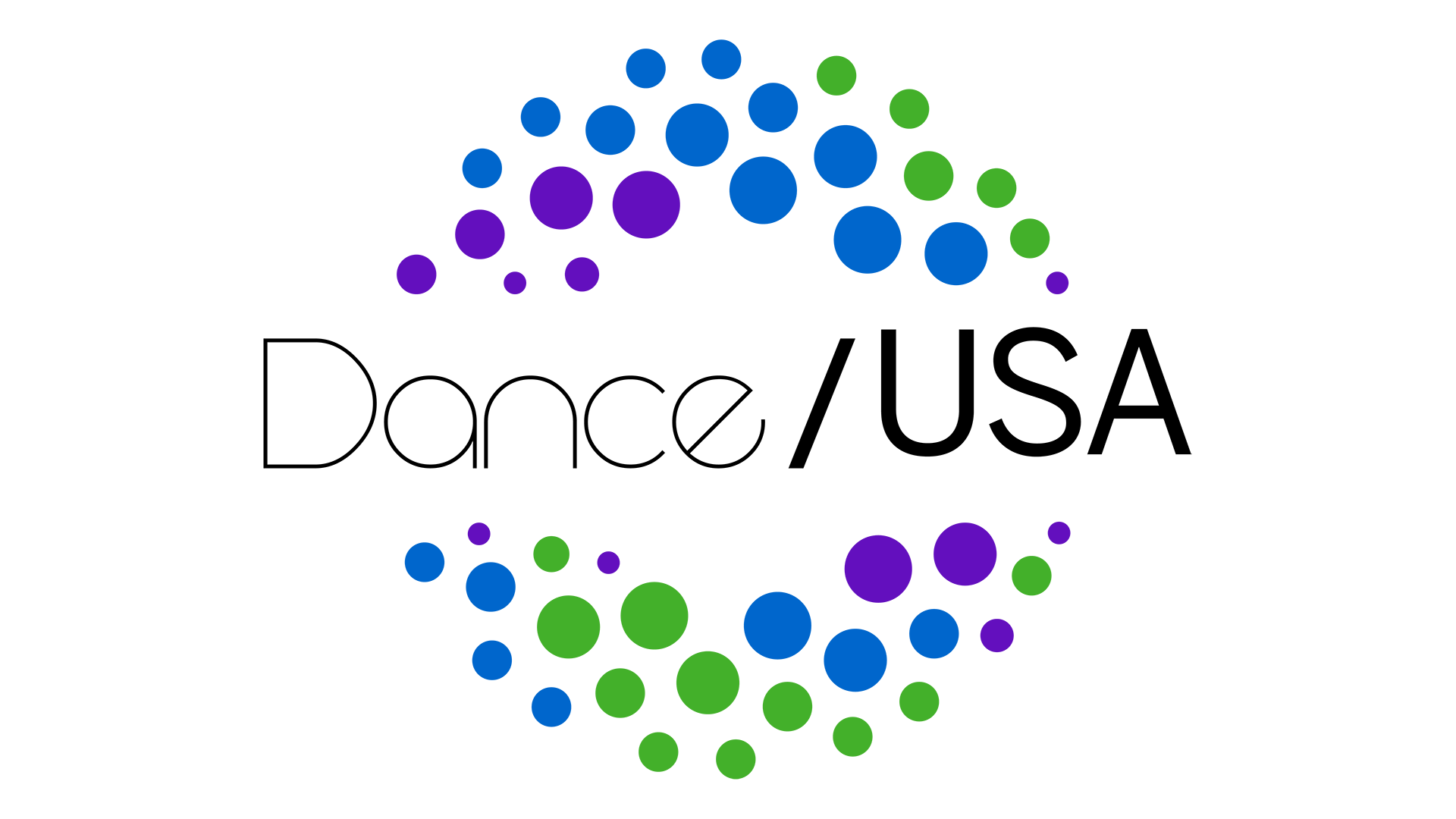Even if he hadn’t said it, one still would have left Sydney Skybetter’s July 15 session at Dance/USA’s 2011 annual conference in Chicago thinking, “Change is changing faster, faster.” Anyone would’ve felt its truth in his or her bones.
Skybetter, a New York “culture warrior” and dancemaker—and Dance/USA trustee—with Alvin Ailey American Dance Theater marketing director Thomas Cott, Fresh Arts Coalition executive director Ian Garrett, and TenduTV founder Marc Kirschner could not have delivered a greater heap of data than they did over 75 minutes, during “#ThisIsHappening: The Future of Tech, Dance, and Online Community.” Forty-four slides on the conference room’s screen further augmented the bandwidth of their presentation, chasing a freshly blazed relay race of spoken words with nuggets of supporting data and witty aphorisms in airy Helvetica Neue.
I don’t need to be sold on the merits of Twitter; it’s integral to my work as an editor and a reporter. I know that it’s the most active, exciting, and mercurial space online today, or, as Skybetter put it, “a real-time news and relevance engine.” I also know that it’s greatly underutilized and often misunderstood by American dance artists and organizations, generally speaking.
What made #ThisIsHappening more than just social-networking evangelism was the quartet’s ability to connect to the capacity crowd’s very real and urgent concerns.
Although there was some good old-fashioned evangelism, too. “We’re at the beginning of what is, I think, going to be a big and fantastic cycle,” said Kirschner. “More understanding of new work, more educated audiences, than ever before.”
His prophecy is true, if combined with the leitmotif of the presentation: the vital importance of editorial control. Whether it came from Cott, racing through a flowchart of the martially efficient marketing and audience-engagement strategies he developed for the Ailey company, or from Skybetter, asserting that “your ability to rock this fire hose of information is going to be central to your future,” #ThisIsHappening stressed agency.
Because no one, if not dance artists, their allies and their organizations, will ensure that dance has a voice in contemporary culture. #ThisIsHappening was delivered with the tone of an assignment. “People have so many ways of entertaining themselves,” Skybetter reminded us, the fact of which dance artists cannot be reminded often enough.
Change may be changing faster and faster, but quality still trumps quantity—if we’re talking about art. I appreciated the emphasis that all of the presenters placed, in one way or another, on building and maintaining standards. “Is it better to have nothing if you can’t have good?” Skybetter asked the room. The room said “yes.”
“Correct,” said Skybetter.
Although I don’t disagree with Skybetter about the frustrations of Facebook, speculation about the relative dominance of social-networking platforms and their hardware partners—as if that battle will ever end, or, shudder, should—briefly broke the show’s stride. I appreciated more the time given to explain how Square could swiftly and cheaply catalyze dance organizations’ development goals, for instance, Skybetter’s refreshingly positive point of view on failure (“There’s empathy in this room for your colossal frack-up”), his shout-out to TED Talks for “polymathic thinking,” and an overview of Fractured Atlas’ ATHENA management software.
Code Red language about prioritizing a mobile-friendly web presence, and about being aware and mindful of what your employees are doing and saying on behalf of your organization in online spaces, were the moments when my internal monologue broke into a shout. Please, people, listen to what he’s saying right now, my brain yelled at the room.
“Your participation in Twitter should initially be passive,” advised Skybetter. After all, performing-arts organizations ask the public, above all else, to listen, to pay attention and to be absorbent. That message arrives with heft when it’s practiced as well as it’s preached.
Zachary Whittenburg entered the dance scene as a performer, joining Seattle’s Pacific Northwest Ballet in 1998. His dancing career later brought him to North Carolina Dance Theatre, Hubbard Street Dance Chicago and BJM Danse Montréal. More recently he has freelanced, taught ballet and improvisation for professional dancers, and has presented choreography in Chicago, Canada and for the camera. As a writer, Zachary has covered dance, film, music and performance for international online magazine Flavorpill, the Windy City Times, Dance Magazine, Dance Teacher, Dance Spirit, Pointe, Total Theatre UK and his own site, trailerpilot.com, in addition to penning program notes and a series of essays for the Chicago Dancemakers Forum’s CDF Salon Series. Since fall 2009 he has been the dance editor in Chicago for Time Out, a weekly arts and culture magazine published worldwide.
____
We accept submissions on topics relevant to the field: advocacy, artistic issues, arts policy, community building, development, employment, engagement, touring, and other topics that deal with the business of dance. We cannot publish criticism, single-company season announcements, and single-company or single artist profiles. Additionally, we welcome feedback on articles. If you have a topic that you would like to see addressed or feedback, please contact communications@danceusa.org.
Disclaimer: Opinions expressed in guest posts do not necessarily represent the viewpoints of Dance/USA.



